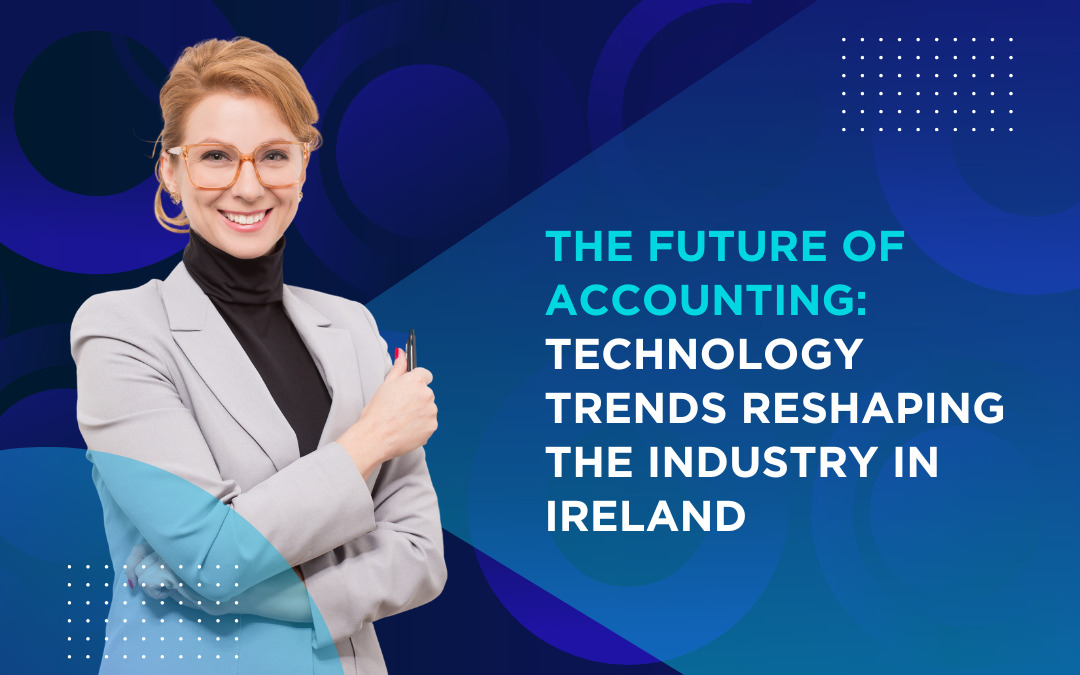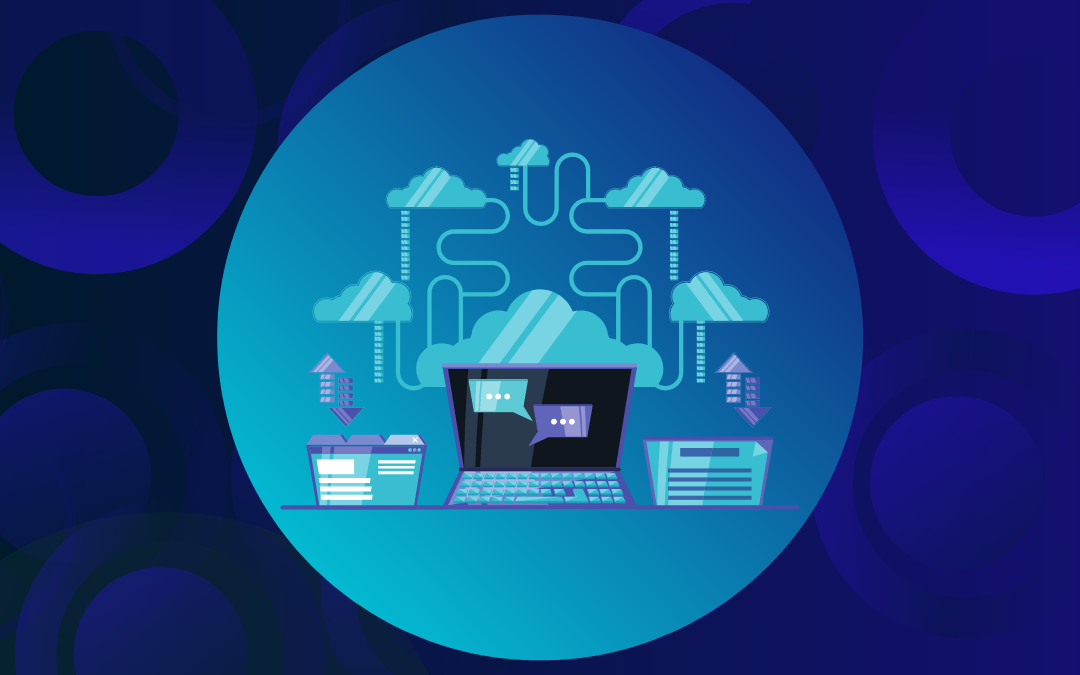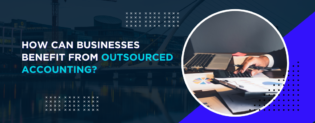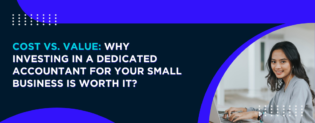
Let’s take a look at how recent developments in technology are influencing accounting sectors in Ireland. Further, accountants could improve their productivity, precision, and potential for intelligent choices if they take the time to learn and adopt these developments in accounting practices. Let’s explore the fascinating realm of cutting-edge technologies revolutionising the Irish and global accounting sectors.
AI and Automation in Accounting:
With automation and AI, accountants in Ireland can optimise their operations, operate faster, and deliver greater worth to their customers. Here are how AI and automation are changing the accounting world:
• Data entry procedures are becoming more automated due to automation and AI technologies, which have significantly reduced the necessity for human involvement. To handle enormous amounts of data fast and appropriately, businesses in Ireland are turning to data entry systems driven by AI.
• Invoices are being handled differently due to automation and AI technologies. Data, including invoice numbers, values, and dates, may be obtained automatically by AI algorithms and incorporated into accounting systems. It helps accountants streamline processes, reduce time, and optimise their finances.
• AI software can better analyse financial data and spot trends, cycles, and abnormalities. Using these resources, accountants may better understand the business’s financial health, develop reliable projections, and spot risks and possibilities.
The many advantages of using AI and automation in Accounting are:
• Improved productivity and effectiveness.
• Enhanced precision.
• Cut down time.
• Better informed decisions.
Businesses in Ireland use many accounting tools and applications driven by AI. For instance, cloud-based accounting software Xero uses AI to streamline repetitive bookkeeping chores like bank reconciliation and spending segmentation. In addition, it offers real-time reporting and financial analysis for better understanding.
Cloud Computing and Remote Work:
The accounting business in Ireland has seen a massive embrace of cloud computing, which has completely altered how accountants organise and carry out their job. The advent of cloud-based accounting applications has been crucial in facilitating working remotely and boosting teamwork among accountants.
Cloud computing is quickly becoming the standard in Ireland’s accounting sector. There are varied benefits to moving away from physical buildings and toward services based on the cloud. With cloud-based applications, businesses of any size can take advantage of the flexibility and cheap cost of accessing cutting-edge technologies.
Accountants may now operate from anywhere using accounting applications powered by the cloud and still easily interact with their coworkers. Cloud computing allows accountants to instantly access financial information, applications, and documents from anywhere in real-time, increasing effectiveness and production.
The several benefits of accounting applications based on the cloud:
• Improved accessibility.
• Flexibility.
• Privacy and security.
Data Analytics and Business Intelligence:
The importance of data analytics & business intelligence has revolutionised how accountants examine financial information and use that analysis to make choices. With data analytics technologies, Irish accounting companies are better equipped to help their customers with economic forecasts, risk management, and strategic advice.
The value of data analytics & business intelligence in facilitating well-informed decision-making has become popular in the accounting sector. Accountants may use data analytics technologies to conclude massive datasets, spot trends, outliers, and other irregularities, and then implement these findings.
Irish accounting companies are tapping into the potential of data analytics technologies to uncover previously unknown opportunities. They use these tools that help them quickly and accurately examine financial information, patterns, and much more based on objective evidence. Data mining, statistical evaluation, and machine learning are only a few methods often used in these tools.
Financial projections and managing risk are two areas where accounting businesses in Ireland greatly benefit from predictive analytics. With complex algorithms and records, accountants may foresee prospective financial dangers and take preventive measures. Data visualisation technologies gather complex financial data in easy-to-understand visual representations, further improving data understanding.
Some of the significant advantages of data analytics and business intelligence are:
• Better business choices.
• Value-added services.
• Strategic decision-making.
Cybersecurity and Data Privacy:
Like in every other modern industry, accounting firms seriously consider data security and privacy in the Internet era. The accounting business is especially susceptible to cyber-attacks due to its growing dependence on digital technology and the large volume of confidential financial data it handles. Accounting businesses in Ireland are taking preventative precautions against these threats by adopting stringent cybersecurity policies and strictly following privacy laws.
Cybersecurity and data privacy are more important than ever in a world of increasingly correlated devices and networks. Misconduct may lead to monetary loss, ruined credibility, and legal trouble. To keep their client’s confidence and meet regulatory requirements, accountants must make data security a top priority.
The accounting business has unique hurdles regarding safeguarding clients’ private financial data. Some of them are as follows:
• Financial records, private details, and company strategy are all sensitive client data that accountants manage and have to keep confidential from prying eyes.
• Accountants are vulnerable to email phishing and social engineering attacks that could harm their systems and the private information of their clients.
• GDPR in Ireland, for example, establishes stringent limits on managing and safeguarding personal data; hence, compliance with such legislation is obligatory for accounting businesses.
Ireland’s accounting companies are employing many precautions to protect client information and prevent cyberattacks, and they are:
• Solidified security framework.
• Safe access via VPN.
• Cybersecurity awareness.
• Encryption mechanisms.
• Data backups.
Wrap Up
Technology presents both colossal potential and formidable difficulties for the future of accounting in Ireland. Adapting to a changing industry requires accountants to welcome new technologies and find ways to use them to their advantage. It will allow them to better serve their customers, save time, and position themselves as more of a strategic partner.
Accountants may help their businesses and customers thrive by being abreast of new developments and adjusting to new situations. By looking forward, accountants may establish themselves as go-to experts and propel the accounting field forward.











